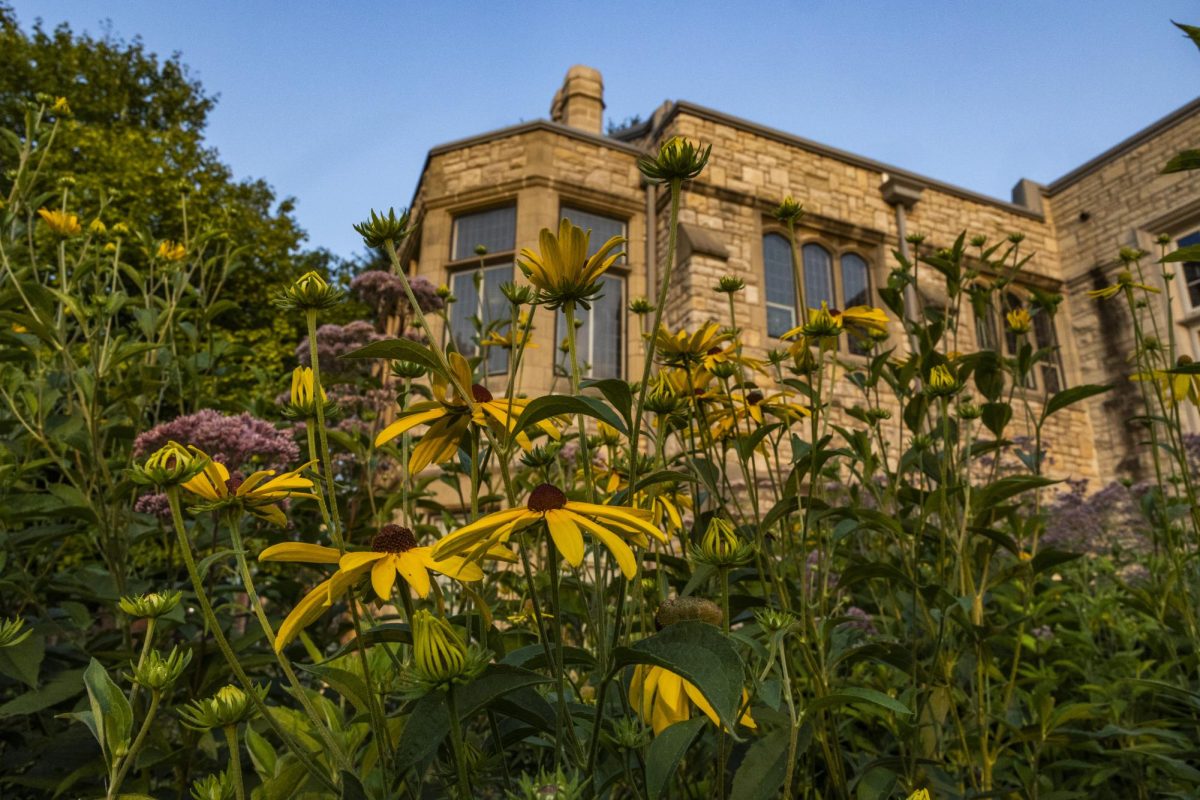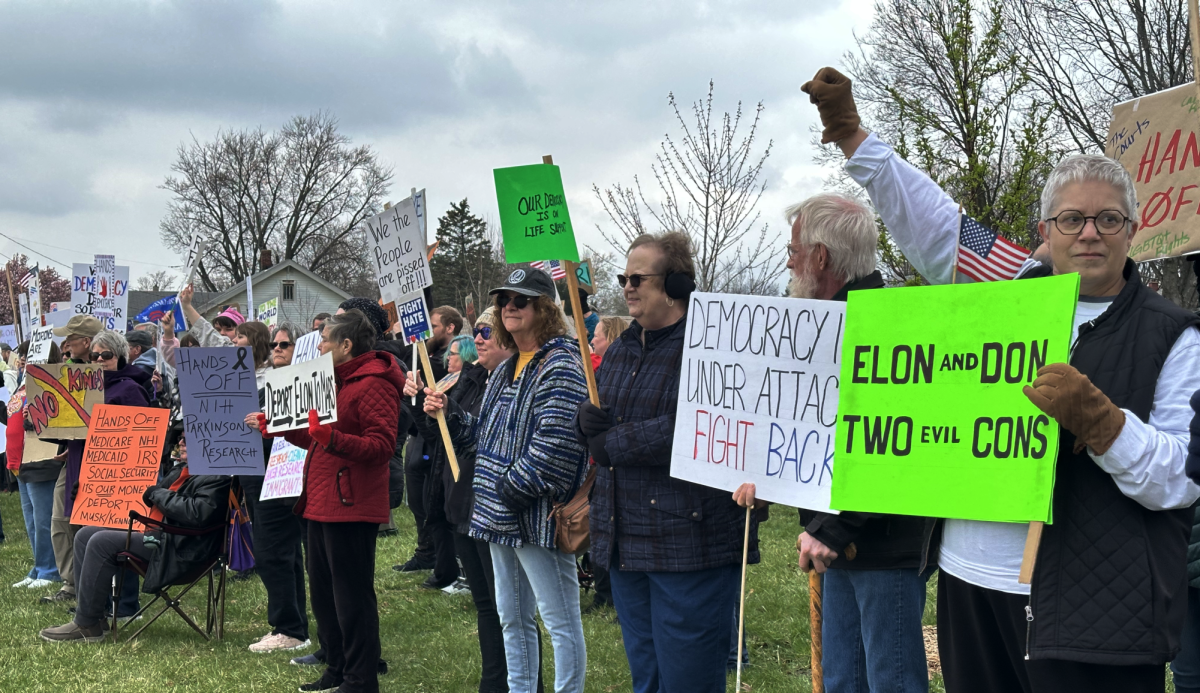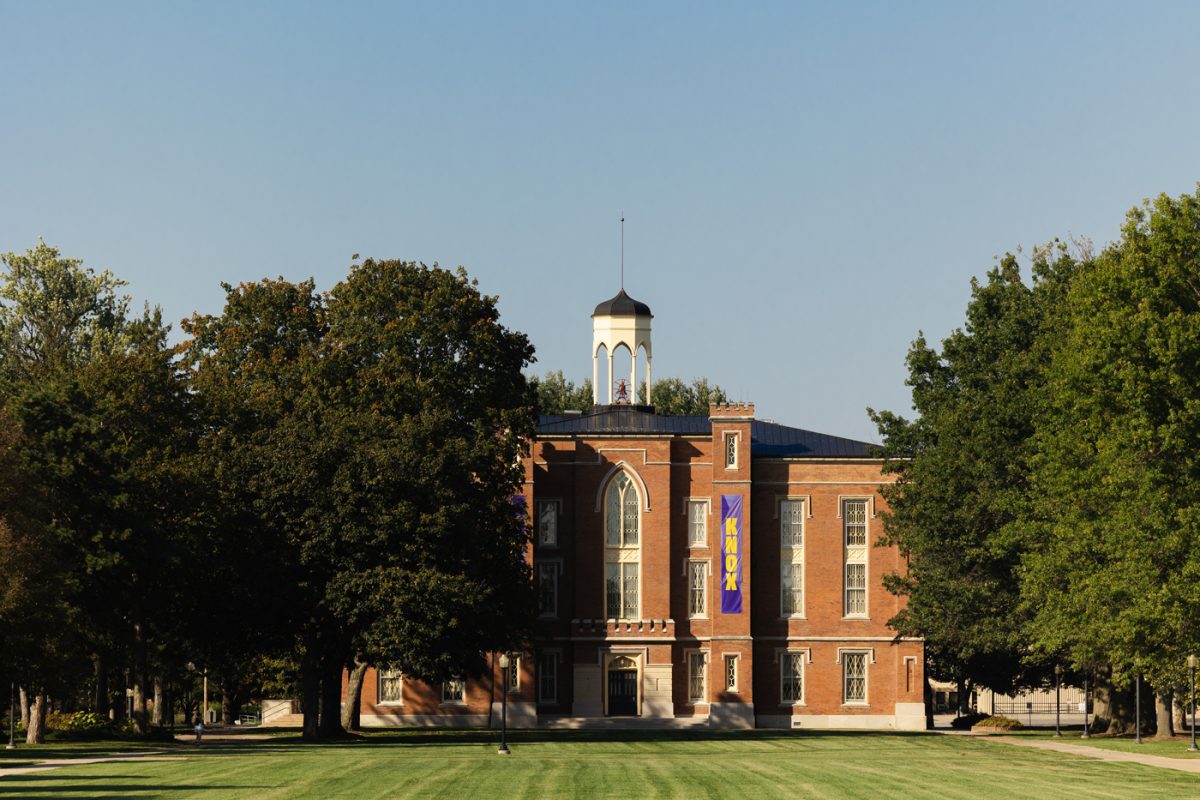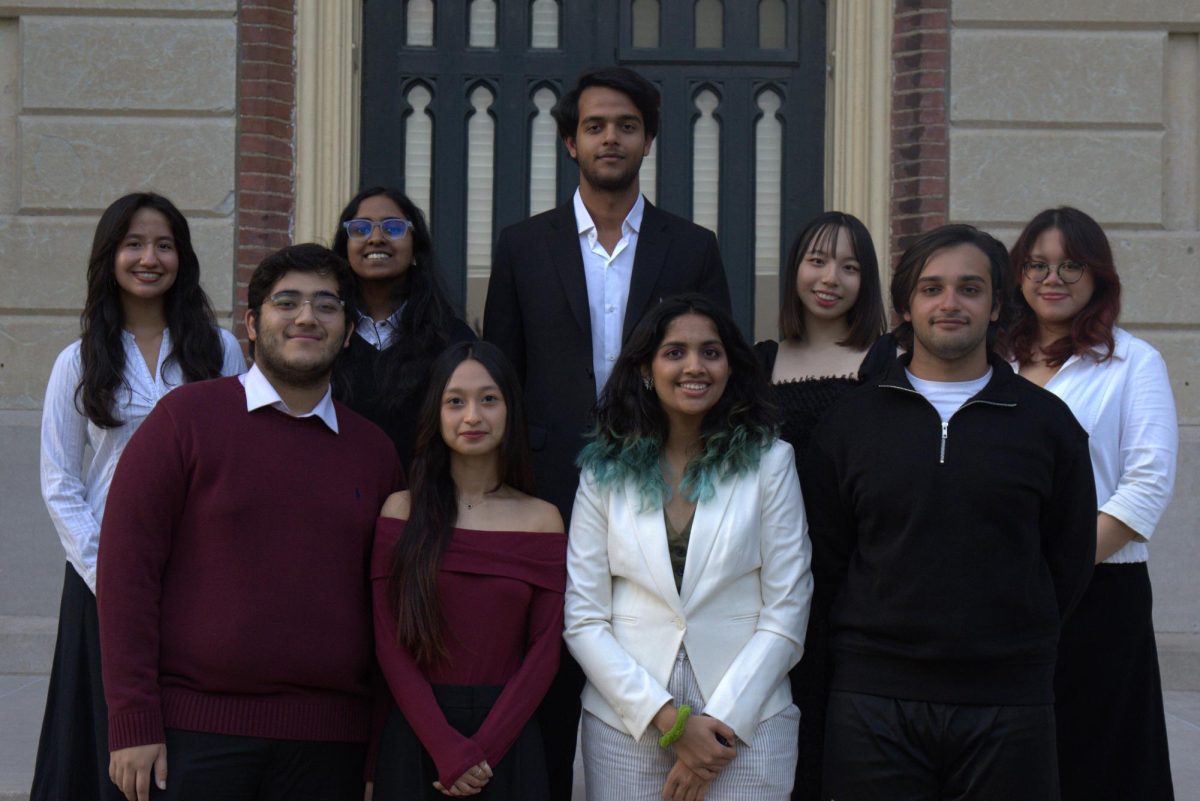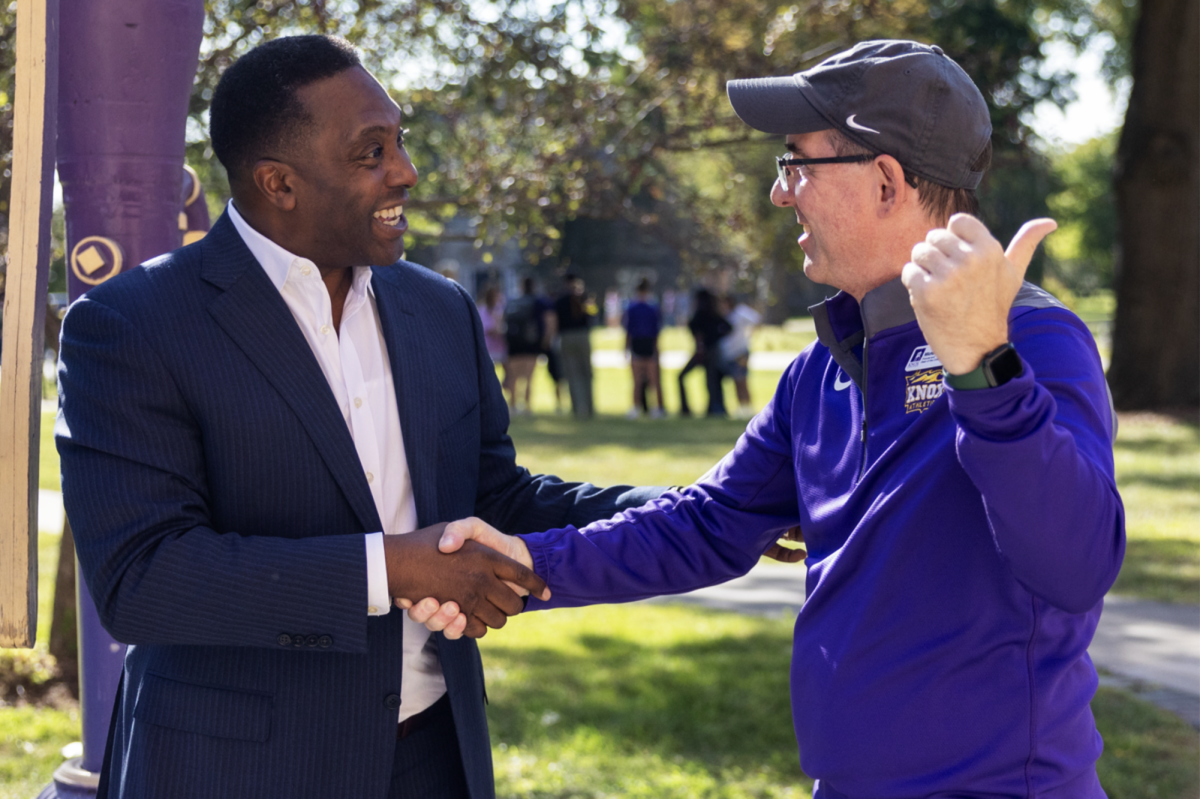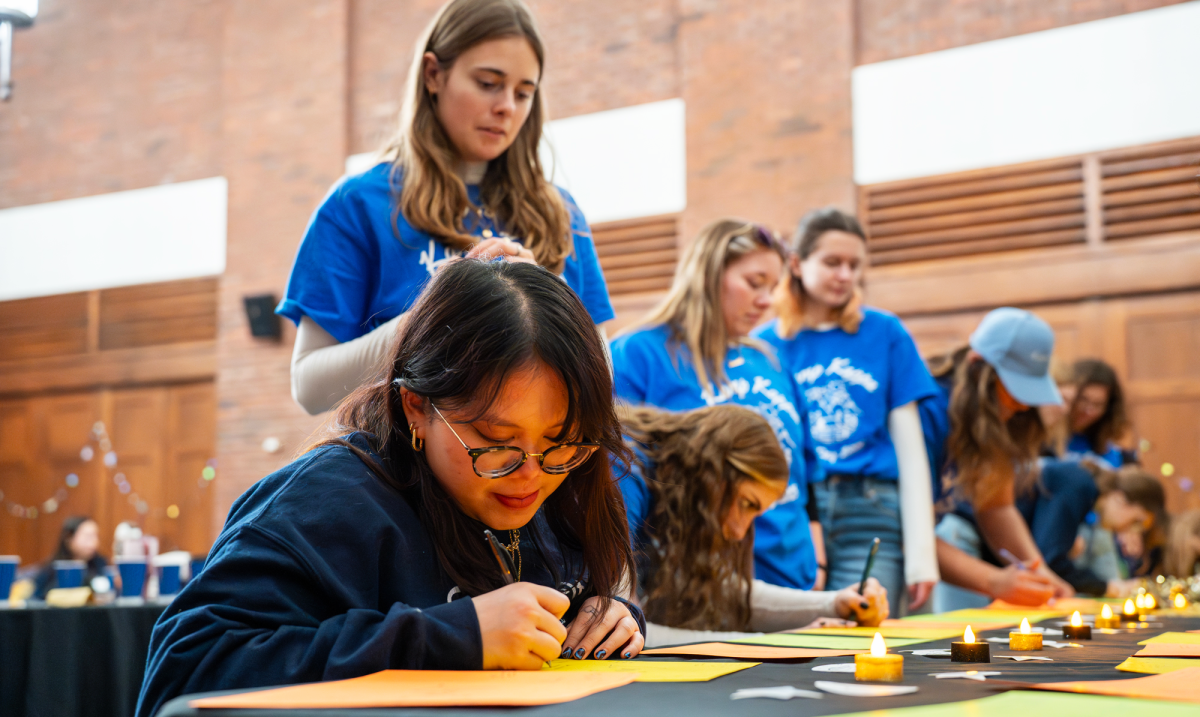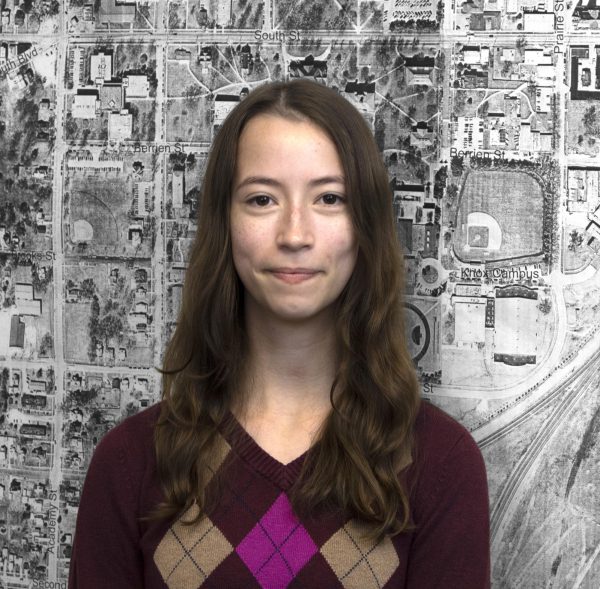Three years ago, the Andrew W. Mellon Foundation awarded Knox College $1.2 million which funded the “Abolition for All Time” Humanities Lab. This year, the time frame that the money was granted for is coming to an end, so the future for this space is uncertain.
“The short answer is, we are not 100% sure,” said Associate Professor of Mathematics and “Abolition For All Time”/ Humanities Lab Project Coordinator Ole Forsberg. “We want it to continue, we want that space to be used for something associated with Abolition for All Time/Humanities/Digital humanities. The intent right now is that will continue in some way, shape or form. The specifics we are not certain about, but there is nobody associated with the Abolition Lab who doesn’t want it to continue.”
The Abolition Lab, located on the main floor of Seymour Library, has been an incubator space for projects about abolition and generating civic and community engagement opportunities. Each year focused on a different part of abolition. The first year examined the past of abolition in the United States, particularly how it affected Knox College and its founding. The second year was devoted to abolition today, particularly looking at incarceration.
“One of the big projects from year two was with Professor Sims looking at incarceration and the carceral state. How we have a really ‘nice’, and I use the word nice but let’s be clear I’m being sarcastic here, from highschool to prison to slavery working to continued prison in the United States for a lot of people at the lower ends,” said Forsberg. “This year is looking at the future of abolition, not just of abolition itself but the future of how we can take this knowledge of abolition into our classrooms and help the students understand it better.”
With the Mellon grant coming to an end, faculty and administrators are looking to find alternative funding, such as alumni, but details are still being sorted out. Ultimately, the space will continue to be a hub for staff and students, and is included in every version of the Seymour Library renovations.
“The more I work in that space, the more it feels like home,” said Forsberg. “I think that’s a combination of the physical space itself, but more importantly I think it’s the faculty members who are working there, the students who are working with the faculty there or just hanging out. The openness in there is just very warm and welcoming and we need to keep that.”

